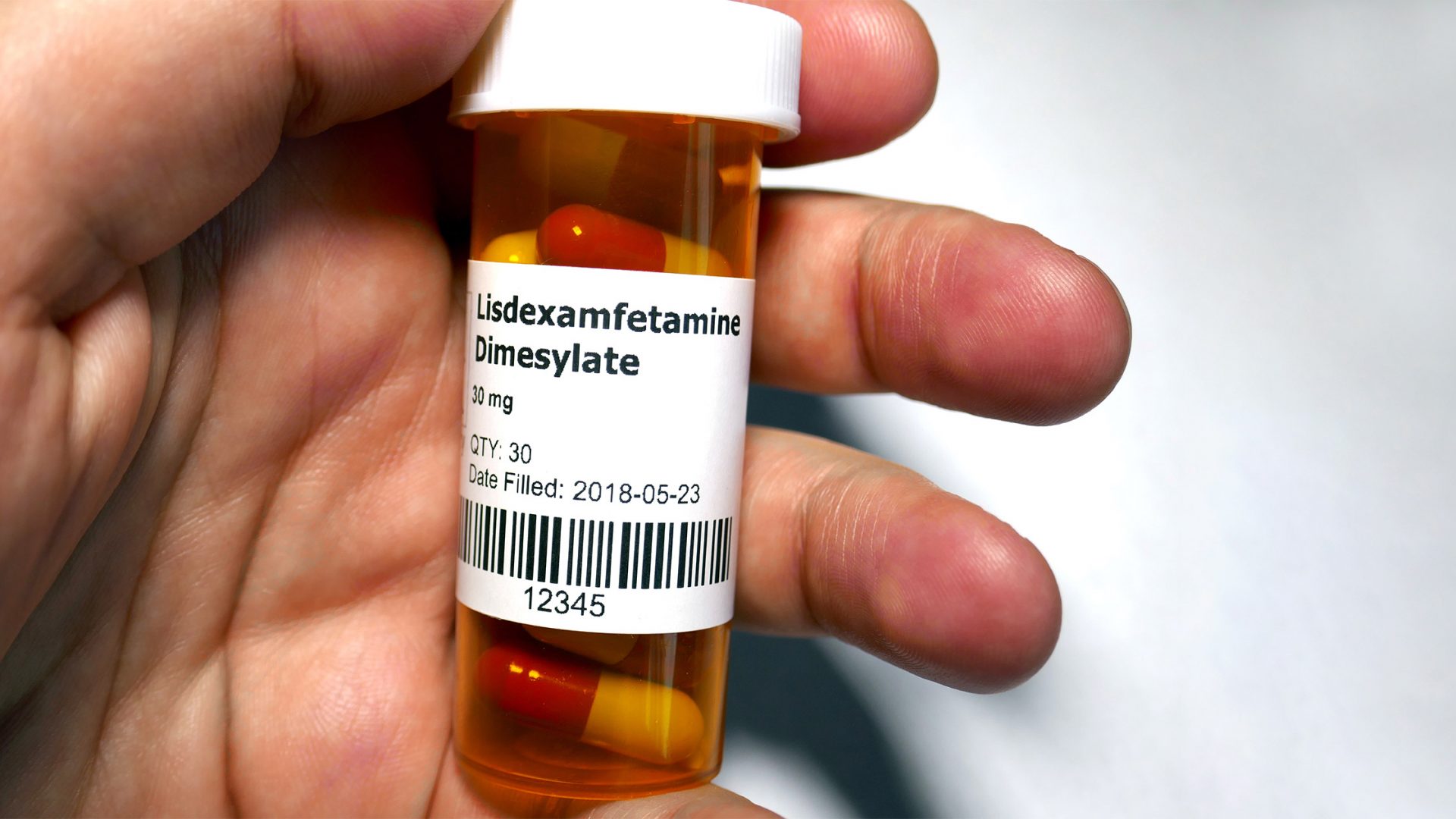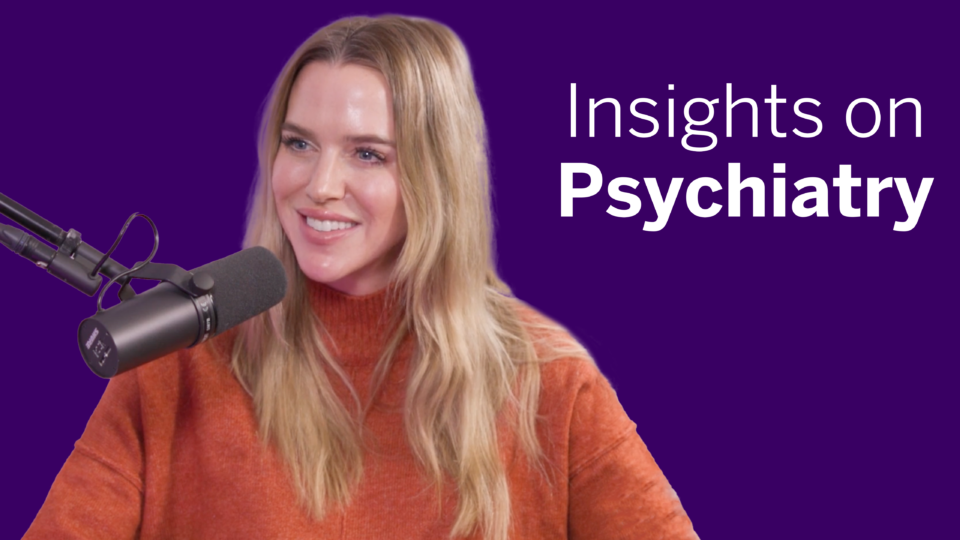Many patients with attention deficit hyperactivity disorder (ADHD) complain of feeling lethargic and foggy-headed—symptoms at odds with common conceptions of ADHD. These individuals may be suffering from sluggish cognitive tempo (SCT), a comorbid symptom set characterized by persistent dreaminess, spaciness, hypoactivity, and difficulty initiating tasks.
“In patients with ADHD, co-occurring SCT has been shown to significantly increase impairment in a wide variety of domains.”
Lenard A. Adler, MD
A recent study led by NYU Langone Health researchers—the first of its kind—suggests that the stimulant lisdexamfetamine (LDX), marketed as Vyvanse®, may be an effective treatment for SCT in adults with ADHD.
A Little-Understood Syndrome
Although SCT co-occurs most frequently in ADHD, it can accompany conditions such as depression and schizophrenia as well; debate persists over whether it is a separate disorder. What’s certain is that it can pose daunting challenges for people who have it.
“In patients with ADHD, co-occurring SCT has been shown to significantly increase impairment in a wide variety of domains,” says Lenard A. Adler, MD, a professor of psychiatry and child and adolescent psychiatry and director of the Adult ADHD program. “Yet little is known about treating this syndrome in adults.”
To find out more, Dr. Adler led a two-phase (phenotypic and treatment) randomized crossover trial of SCT and ADHD in adults at NYU Grossman School of Medicine and Icahn School of Medicine at Mount Sinai.
The phenotypic phase characterized SCT, ADHD, and executive function symptoms in individuals who had ADHD and SCT versus those who had ADHD and were SCT-negative. An interim report of the NYU Langone cohort confirmed previous findings that individuals with both SCT and ADHD, versus ADHD alone, had higher levels of inattentive and other symptoms.
The new study, published in the Journal of Clinical Psychiatry, reported on the treatment phase.
A Trailblazing Trial
The study was the first medication trial for SCT in adults with ADHD, rather than children, and the first trial of amphetamines (known to be the most effective ADHD drugs) for comorbid SCT in any age group.
Dr. Adler and his multi-institutional team studied 38 adults with co-occurring ADHD and SCT in the 10-week crossover trial, with two double-blind treatment periods. During the first period, subjects were randomized to receive either oral LDX or a placebo; they crossed over during the second treatment phase, after a placebo washout period of several weeks.
The results were encouraging: LDX reduced self-reported symptoms of SCT by 30 percent. The drug also lowered ADHD symptoms by over 40 percent, and significantly corrected deficits in executive function. Strikingly, the researchers found that only 24 percent of overall improvements in SCT symptoms were due to improvements in ADHD symptoms.
Further SCT Research
In addition to indicating that LDX could be an effective treatment for adults with co-occurring ADHD and SCT, Dr. Adler observes, “our study provides further evidence that sluggish cognitive tempo might be distinct from ADHD.”
It also suggests that LDX might help control the syndrome in other contexts. “The next line of research,” he adds, “is to determine whether patients who have SCT without ADHD will respond similarly to this drug.”






